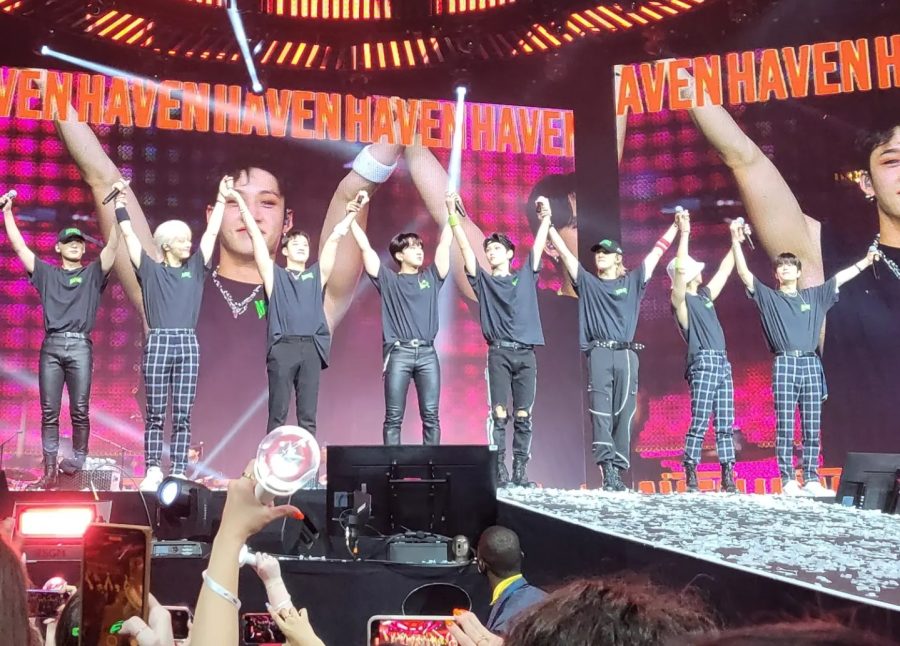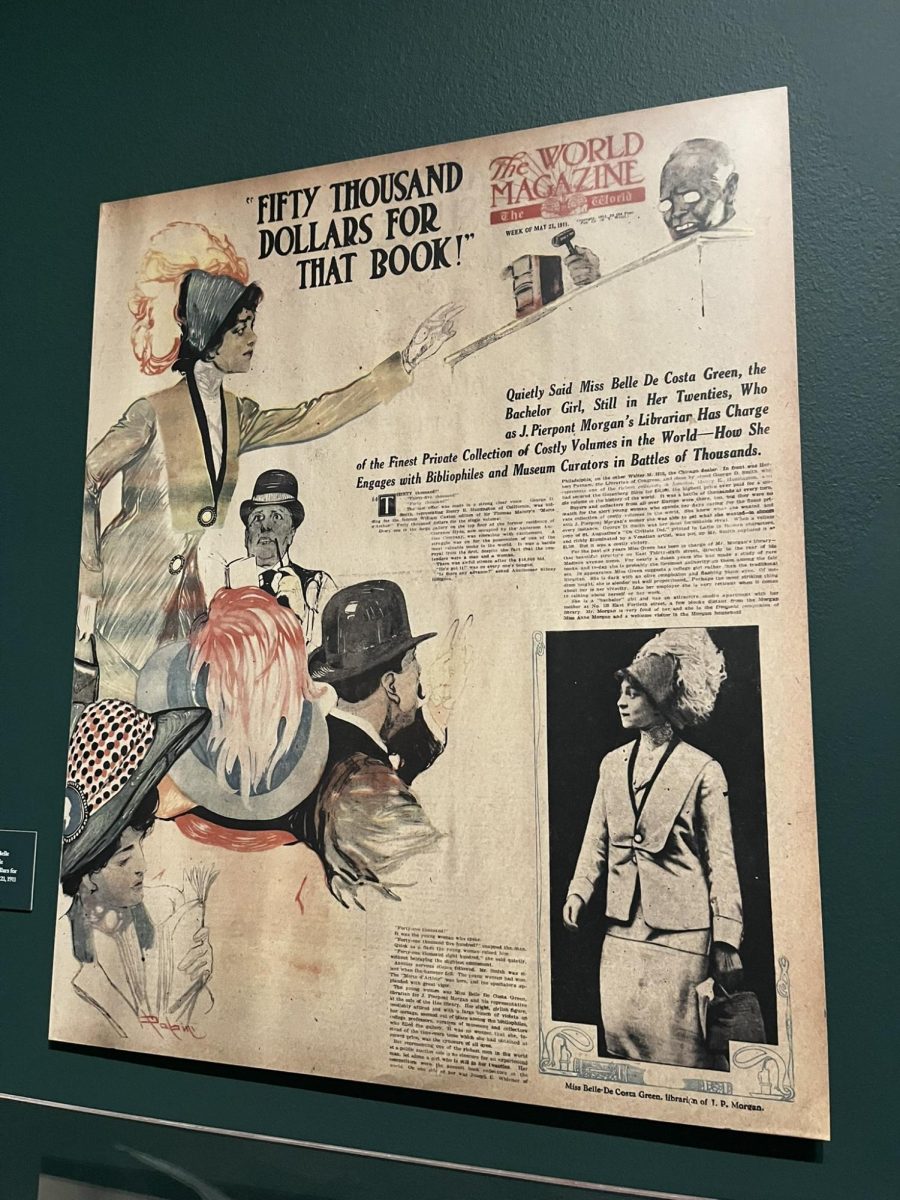As a female Pakistani editor, Muneeza Shamsie challenges assumptions and speaks for voiceless South Asian people around the world. Shamsie is known for her passion for emphasizing the work of Pakistani women. Through her anthologies, scholarly writings, and editorials, Shamsie has not only amplified the voices of Pakistani women but also made significant contributions to the global understanding of South Asian literature. Her work reflects her dedication to filling cultural gaps and providing a space for writers whose voices often go unheard on the world stage.
One of Shamsie’s most notable accomplishments is her editing of the anthology And the World Changed: Contemporary Stories by Pakistani Women. This anthology presents the work of Pakistani women writers in English and was groundbreaking in its effort to showcase the lived experiences and narratives of these women. Shamsie introduces this collection by stating, “Pakistani women who employ English as a creative language live between the East and the West, literally or figuratively, and have had to struggle to be heard,” and allows for these women to be heard globally (Shamsie 1). These stories cover a wide range of topics, from personal struggles with identity and belonging to political and social issues, such as war, violence, and gender inequalities. Shamsie’s anthology is exceptional because it brings forward narratives that would not have reached a broader audience without her editorial dedication. She writes, “The writers included in this anthology have… challenged the boundaries of both literary and cultural conventions” (Shamsie 1). Curating and amplifying such voices significantly contributes to the recognition of South Asian literature.
As Shamsie highlights the voices of Pakistani women, she also uses her voice to promote her values. With a passion for her culture, Muneeza Shamsie wrote Hybrid Tapestries: The Development of Pakistani Literature in English to educate how political and social shifts have influenced literature in South Asia. Since literature from Pakistan is often unheard of in other countries she talks about colonial legacies and cultural identities in her literature. Shamsie uses her voice to reflect her commitment to amplifying underrepresented voices alongside the anthology. Throughout her career, she has used her platform to promote writers who are often overlooked by mainstream literary institutions. Her dedication to this cause is shown throughout her critical essays and introductions, where she repeatedly stresses the importance of diversity in South Asian literature. As she writes, “Pakistani women who write in English… have often found themselves marginalized by both the East and the West, dismissed as either too ‘Westernized’ or too ‘traditional’“ (Shamsie 1). This statement highlights the dual challenge these women face and the importance of creating spaces for their work in global literary conversations.
Shamsie’s background in a family of writers further informs her literary trajectory. Both her father, Akhtar Shamsie, and mother, Jahanara Habibullah, were influential figures in the Pakistani literary world, and she inherited their passion for writing and literary critique. She often mentions how growing up surrounded by literary discussions shaped her understanding of the world and her eventual decision to use writing as a way to empower women. In one of her interviews, Shamsie remarked, “I grew up in a household where the written word was highly revered… the idea that literature could change the world was a powerful force in my life” (Hybrid Tapestries 19). This family influence allowed Shamsie to see firsthand how literature can serve as a tool for both personal and societal transformation.
Shamsie’s advocacy extends beyond her editorial and scholarly work— she is also a mentor and an active supporter of emerging writers. As an editor and critic, she has long been an advocate for the inclusion of women in South Asian literature. Her efforts to highlight Pakistani women writers, many of whom face societal and institutional obstacles, show her commitment to expanding the space for diverse voices. “My role as a mentor is not just to guide, but to empower the next generation of voices,” Shamsie says, emphasizing the importance of providing platforms for young writers (World Changed 3). This empowerment comes in many forms— through publishing, public speaking, and most importantly, by offering new writers the support and recognition they deserve.
In recent years, Shamsie has continued to highlight the importance of South Asian authors, both through her editorial work and as an advocate for diverse voices. At the Karachi Literature Festival, she has been actively involved in panel discussions and book launches. Regarding the intersection of literature, politics, and identity she notes, “Literature is not just a reflection of society, it is a means of shaping it” (Hybrid Tapestries 101). As one of the prominent members of the literary community, she encourages new narratives that address today’s concerns while respecting the history of the region and heritage in South Asia.
Muneeza Shamsie has made profound contributions to the literary world by amplifying voices that have often been overlooked. Through her editorial work, critical essays, and mentorship, she has provided a platform for Pakistani women writers and reshaped the global understanding of South Asian literature. Shamsie’s work continues to challenge stereotypes and promote a more nuanced, inclusive narrative that embraces the complexity and diversity of Pakistani and South Asian identities. Her enduring commitment to empowering new generations of writers ensures that the literary landscape will continue to evolve in meaningful ways, reflecting the multiplicity of experiences that define the South Asian diaspora.
Sources:
Cilano, Cara. Book Review – Hybrid Tapestries. Bloomsbury Pakistan, Oxford University Press, bloomsburypakistan.org. Accessed 7 November 2024.
Muneeza Shamsie: An inspiring mother. Interview with Muneeza Shamsie. 2009. Shalia Abdullah, https://shailaabdullah.com/muneeza-shamsie-an-inspiring-mother/. Accessed 8 November 2024.
Shamsie, Muneeza, editor. And the World Changed: Contemporary Stories by Pakistani Women. Feminist Press at The City University of New York, 2008.
Shamsie, Muneeza. “Duality and diversity in Pakistani English literature.” Journal of Postcolonial Writing, vol. 47, no. 2, 2011, pp. 119-121. Taylor and Francis Online, https://doi.org/10.1080/17449855.2011.557178. Accessed 8 November 2024.
Shamsie, Muneeza. “SOUTH ASIAN MUSLIMS:FICTION AND POETRY IN ENGLISH.” Religion & Literature, vol. 43, no. 1, 2011, pp. 57-149. JSTOR, http://www.jstor.org/stable/23049363. Accessed 8 November 2024.
























































